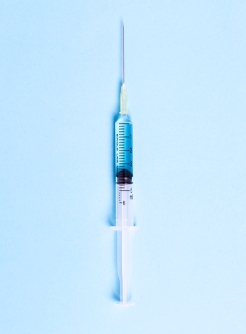SURMOUNT-2: Tirzepatide Significantly Reduces Weight in Patients with Type 2 Diabetes, Obesity
By Jeff Craven, MD /alert Contributor
July 17, 2023
Patients with both type 2 diabetes and obesity who took the drug tirzepatide, a glucose-dependent insulinotropic polypeptide and glucagon-like peptide-1 receptor agonist, experienced significant weight loss over 72 weeks compared with a placebo group, according to recent research from the SURMOUNT-2 trial published in The Lancet and presented at the American Diabetes Association Scientific Sessions meeting.
“With a new drug like tirzepatide, it becomes clear we need a weight-centric approach to treating type 2 diabetes when obesity is also present, two conditions that are interwoven for so many Americans,” W. Timothy Garvey, MD, MACE, MABOM, of the University of Alabama at Birmingham, stated in a press release. “We are encouraged by these weight loss and glycemic control results, especially as weight loss interventions are typically less effective in patients in diabetes.”
In a phase 3 double-blind trial, Dr. Garvey and colleagues evaluated 938 adults with type 2 diabetes and obesity who were randomized to receive once-weekly tirzepatide at a dose of 10 mg (312 patients), 15 mg (311 patients) or placebo (315 patients) over 72 weeks between March 2021 and April 2023. Patients enrolled had a mean age of 54.2 years, 51% were women, 76% were white, and 60% were Hispanic or Latino. At baseline, patients had a mean body weight of 100.7 kg, their mean BMI was 36.1 kg/m2, and their HbA1c was 8.02%. Researchers assessed percent change in bodyweight from baseline as well as a bodyweight reduction of 5% or higher as coprimary endpoints, with treatment effects estimated regardless of whether treatment was discontinued or antihyperglycemic rescue therapy was used.
The results showed a least-squares mean bodyweight change of –12.8% for the tirzepatide 10 mg group (treatment difference = –9.6%; 95% CI, –11.1 to –8.1; P < .0001) and –14.7% in the 15 mg group (treatment difference = –11.6%; 95% CI, –13.0 to –10.1; P < .0001) compared with –3.2% in the placebo group. A majority of patients achieved bodyweight reductions of 5% or more in the tirzepatide groups (79–83%) compared with the placebo group (32%).
Patients most frequently reported mild-to-moderate cases of nausea, diarrhea, vomiting, and other gastrointestinal-related events as adverse events when taking tirzepatide, but less than 5% of these events led to treatment discontinuation, the researchers said. Overall, 7% of patients reported serious adverse events, and there were 2 patients in the tirzepatide 10 mg group who died during the study period; however, the deaths were deemed unrelated to treatment.
--
Disclosures: Authors declared financial ties to drugmakers. See full study for details. This study was supported by Eli Lilly and Company.
Photo Credit: Getty Images




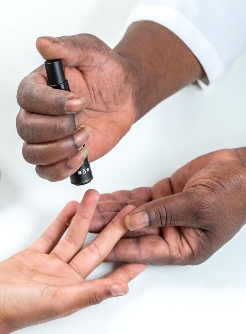



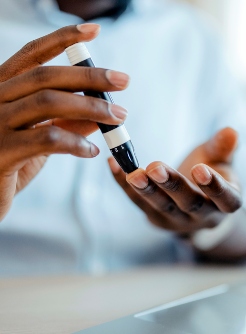










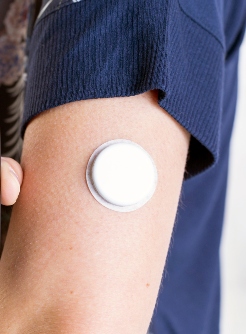


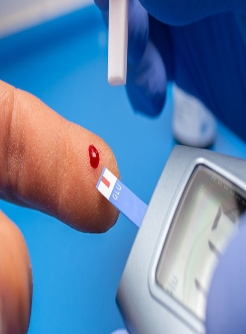



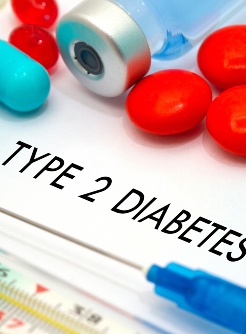



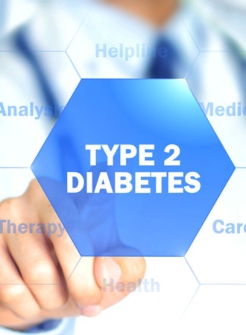
.jpg)
.jpg)

